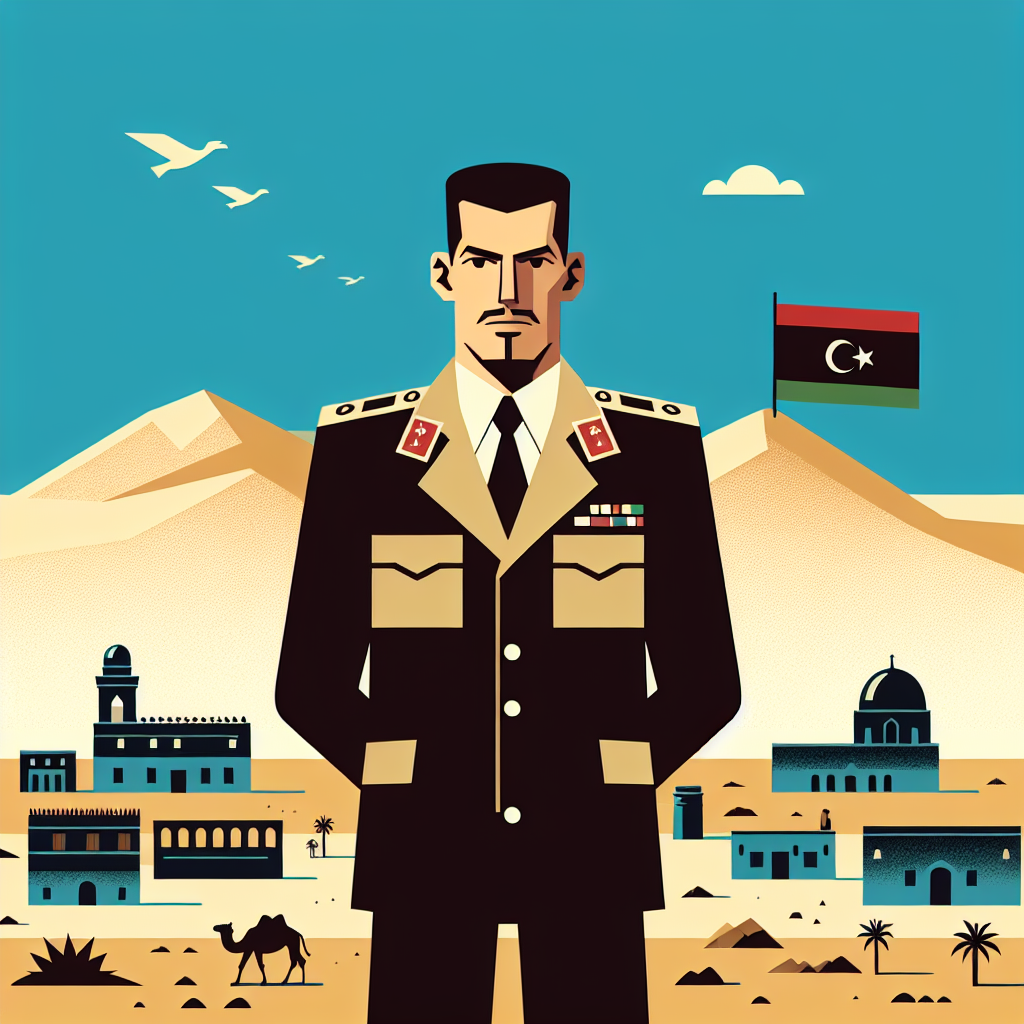Libya's Institutional Strife: Oil Exports at Risk Amid Central Bank Power Struggle
Libya's ongoing internal conflict threatens its oil exports, catalyzed by a struggle over control of the Central Bank of Libya. Various state institutions, including the House of Representatives and the High State Council, are embroiled in the crisis, disputing each other's legitimacy and control. International efforts to stabilize these bodies have so far been ineffective.

Libya's internal struggle over control of its Central Bank is jeopardizing the country's oil exports and threatens to deepen the existing internal divide. The heart of the crisis lies within Libya's key state institutions.
The House of Representatives (HoR) was elected in 2014 but has faced legitimacy challenges, preventing a unified political transition. Despite a 2015 political agreement recognizing the HoR, the High State Council, and an interim government, the agreements failed to halt factional fighting.
In 2020, a U.N.-backed conference called for elections and established the Government of National Unity (GNU). However, disputes delayed elections, fuelling further division. The Presidential Council and the Central Bank of Libya play crucial roles, but internal splits and international diplomacy efforts have not yet succeeded in maintaining their independence and integrity.
(With inputs from agencies.)










